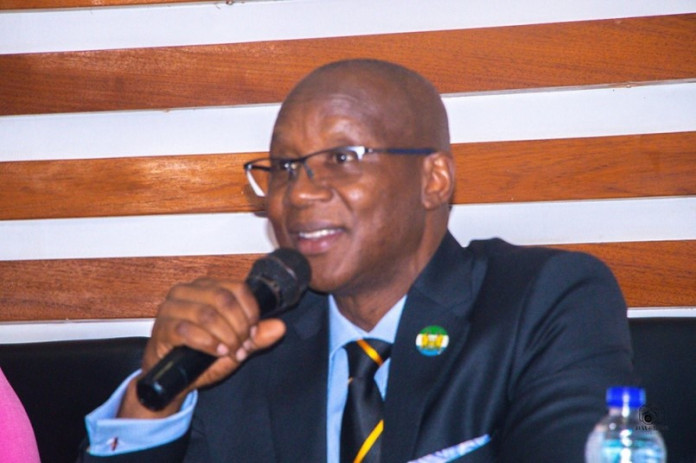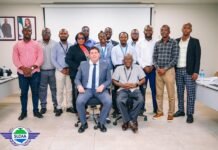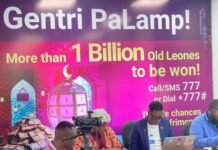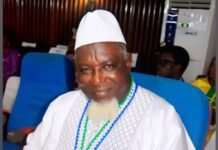By Foday Moriba Conteh
In a comprehensive interview on the “Good Morning Salone” program on 98.1, Mines and Minerals Resources Minister, Julius Mattai, outlined the current and future initiatives within Sierra Leone’s mining sector. Emphasizing the complexity and financial demands of mining, the Minister discussed the crucial stages from exploration to production and the importance of modern techniques in accurately assessing mineral deposits.
He began by highlighting the significance of exploration licenses, following the completion of a substantial geophysical survey funded by the World Bank. “Mining is a very risky business,” he stated, noting the considerable investments required before any profitable returns can be realized. The Minister detailed the essential phases of mining, from exploration to exploitation, and ultimately, mine development and production.
According to him, in 2019, the Government conducted an extensive geophysical survey to collect data on the types, quantities and locations of minerals across the country. He said despite that survey further exploration is necessary to obtain detailed and actionable information. Julius Mattai explained that while the geophysical survey provides a preliminary understanding of mineral anomalies, it does not replace the need for more specific studies, such as geochemical and geological explorations.
“The geophysical survey just tells you roughly where anomalies are,” he explained. “If you really want to get the mineral and understand its grade, you have to drill.” He highlighted the high costs associated with drilling, which can run up to $200 per meter, making it an expensive but crucial part of the exploration process.
The geophysical survey, funded by a $7 million grant from the World Bank under the Extractive Industries Technical Assistance Project (EITAP) Phase 2, utilized advanced technologies including magnetic and radiometric sensors. He stated that these sensors were deployed via aerial surveys to map out potential mineral-rich areas across the country. The survey’s execution involved international expertise from companies in South Africa, Spain and the UK, ensuring a comprehensive and accurate collection of data.
However, he noted that this was only the beginning adding that the next steps involve more detailed surveys, including electromagnetic and gravimetric studies, which were not covered under the initial World Bank-funded project and to continue that work the National Minerals Agency (NMA) and the Ministry are actively seeking support from other international development partners.
He also mentioned ongoing efforts to engage private companies with the necessary expertise and financial resources also stating that these companies are encouraged to obtain exploration licenses to conduct further studies, which will ultimately benefit Sierra Leone by attracting more investors and boosting the mining sector.
“Increasing the knowledge and data about our mineral resources are vital for attracting investment and ensuring the sustainable development of our mining sector,” he emphasized. He revealed that recent engagements with potential partners in the UAE and Russia have been promising, with the aim of securing further support for the country’s ambitious exploration plans.
As the interview concluded, the Minister reiterated the crucial role of continued exploration in unlocking Sierra Leone’s mineral potential ensuring that the sector can contribute significantly to the nation’s economic growth.




